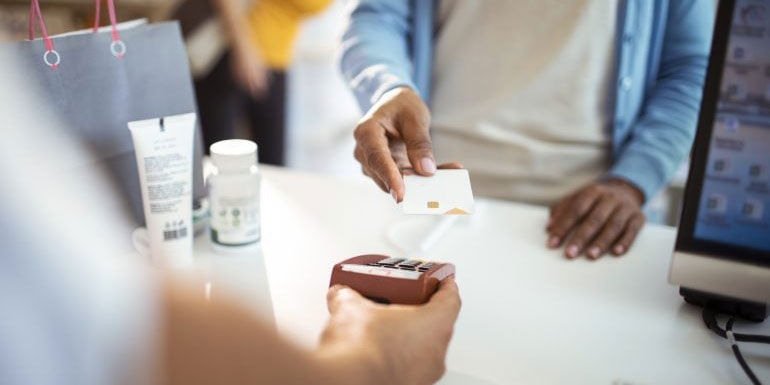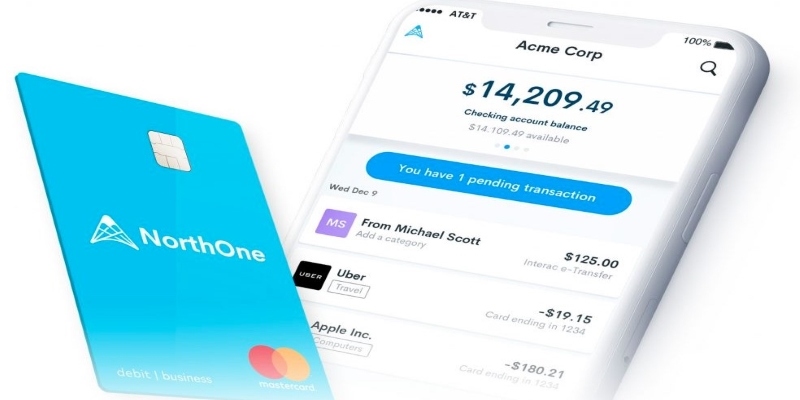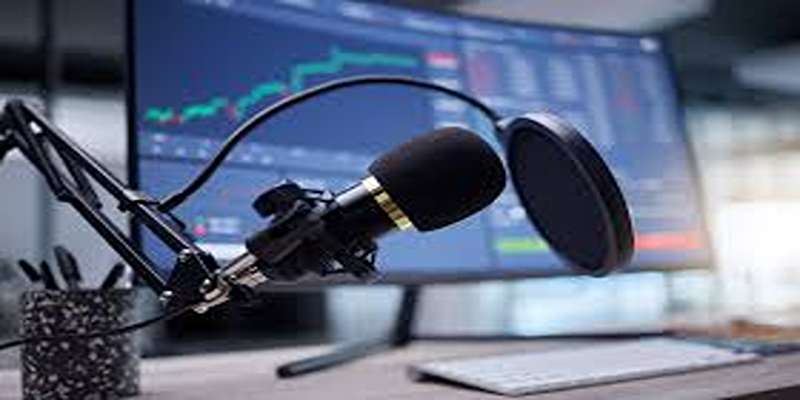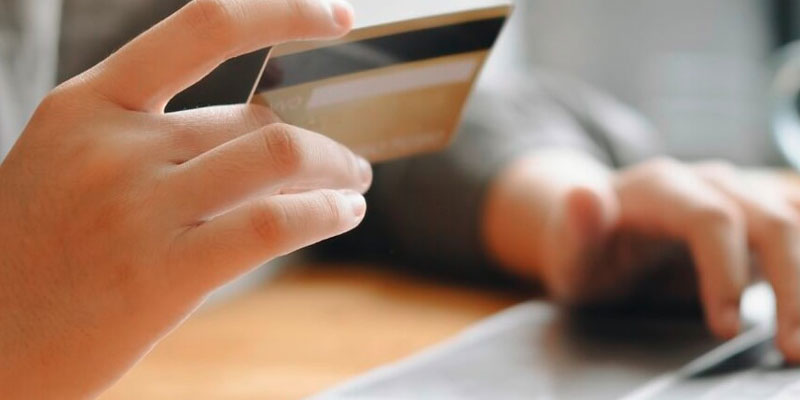The IRS has disbursed more than 140 million economic impact payments promised by the CARES Act. While the terrible effects of the coronavirus epidemic continue to wreak havoc on the economy, the payments, which are more often referred to as stimulus checks and may be worth up to $1,200 per person, are intended to provide Americans with some temporary relief. Yet not everyone who qualifies has got money.
Payments have been made by the federal government so far through direct deposit, the Direct Express card, or a physical check. Last week, the Treasury Department and the Internal Revenue Service started utilizing a new means to send out roughly 4 million payments: a new prepaid debit card.
Economic Impact Payment (EIP) Cards are prepaid debit cards issued by MetaBank and operate on the Visa network. If you still expect your economic impact payment, one of these cards could arrive in the mail. Here are some things that you need to be aware of.
A Prepaid Debit Card Will Not Be Issued to Every Person
There is no guarantee that you will get an EIP Card if you still await your economic impact payment. According to the Treasury Department, those who have had their tax returns processed at the IRS Service Center in Andover, Massachusetts, or Austin, Texas, but who do not have their banking information on file will be issued EIP cards.
These two service centers handle tax returns from locations such as Florida, Maine, Louisiana, Maryland, Mississippi, New Hampshire, Massachusetts, Texas, Oklahoma, and Vermont, as well as international locations, U.S. territories, and military bases.
The Internal Revenue Service (IRS) had previously given economic impact payments based on information supplied on the taxpayer's most recent tax return (either from 2018 or 2019 for persons who hadn't yet filed for 2020). The vast majority of people who don't have a bank account on file or didn't update their information using the "Get My Payment" application on time have been issued physical checks. This is the case whether they did not update their information promptly.
According to the Treasury, sending an EIP card instead of paper cheques will assist in transporting money more swiftly and securely, and the cash will be ready for usage as soon as the card is activated.
You May Have to Pay Fees
The EIP Cards are almost always free to use, with no monthly maintenance costs. However, consumers need to be aware of certain costs linked with the cards.
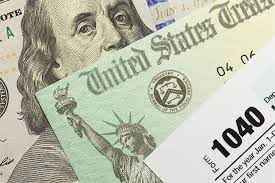
For Simple Account Access, Register Online
Online account access is a feature of the EIP Card. Not only does this make it simpler for cardholders to obtain the information related to their accounts, but it also has the potential to reduce the costs that are connected with checking account balances at automated teller machines (ATMs).
Visit the homepage of the EIP Card website to activate your card and register as a new user. This will allow you to set up an online account. You will need your card number, which may be 16 or 19 digits long, the date it expires, and any other identifying information. You may check your account balance and transaction history there for free.
In addition, an application known as the Money Network Mobile App is available for mobile devices running either the iOS or Android operating systems. The user ID and password you set up for online access are the same for your app login.
EIP Cards Are Not the Same as Direct Express Cards
Avoid being confused by this other prepaid debit card if you get government benefits (such as Social Security or Veterans Affairs payments) on a Direct Express card. Direct Express cards are not the same as EIP Cards. You may still anticipate receiving your stimulus payment on your current Direct Express card if you have one.
However, suppose you normally get your benefits on a Direct Express card and alter your information via the Non-Filers service. You will not receive your stimulus payment or dependent money on your Direct Express account. This is something that you should keep in mind. This is because the Non-Filers tool only allowed users to pick a bank account for direct deposit; if you left it blank, you would get your money through a paper check in the mail.
Be Wary of Frauds and Scams
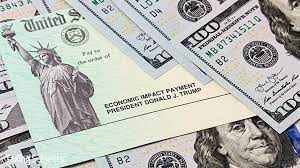
Millions of individuals are placed in vulnerable and emotional situations due to the COVID-19 epidemic, and con artists are sure to attempt to take advantage of this. The United States Federal Trade Commission (FTC) has developed a website to inform customers about possible frauds connected to the coronavirus and provide guidance on how they may protect themselves.

